5
The Nominative Case
Possessive pronouns
© activerussian.com

The very important question “Whose?” as well as the possible answers “my,” “our,” or “your” have multiple forms in Russian because they take the gender and number of the word they refer to. This way they make sort of a rhyme, or create a masculine, feminine etc. melody:
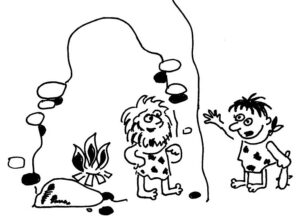
| – Чей э́то дом? |
| – Э́то мой дом. |
| – Whose house is it? |
| – This is my house. |
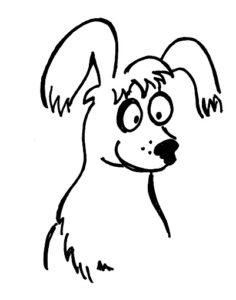
| – Чья э́то соба́ка? |
| – Э́то не моя́ соба́ка. |
| – Whose dog is it? |
| – It is not my dog. |

As you can see, the form (gender and number) of 1st and 2nd person possessive pronouns мой, твой, наш, ваш depends on the object of possession, and not on the possessor.
On the contrary, 3rd person possessive pronouns depend on the number and gender of the “owner”, just like in English: его = his, её = her, их = their.
| m. | f. | n. | pl. | |
| Чей? | Чья? | Чьё? | Чьи? | |
| я | мой | моя́ | моё | мои́ |
| ты | твой брат | твоя́ сестра́ | твоё ви́део | твои́ де́ньги |
| мы | наш | на́ша | на́ше | на́ши |
| вы | ваш | ва́ша | ва́ше | ва́ши |
| он | его́ | брат / сестра́ / ви́део / де́ньги | ||
| она | её | |||
| они | их | |||
| Э́то моя́ ка́рта Э́то мой пин-код. Э́то мои́ де́ньги. |
| Э́то твой Инстагра́м? Э́то твоя́ де́вушка? Э́то твои́ друзья́? |
| Ва́ше и́мя? Ва́ша фами́лия? Ваш па́спорт? Вот ва́ши ключи́. |
| Э́то на́ша гости́ница. Э́то на́ши докуме́нты. Э́то наш бага́ж. |
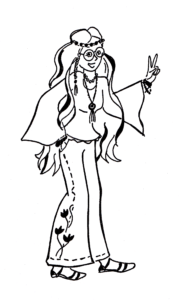
Э́то Ле́на.

Э́то её муж Том.
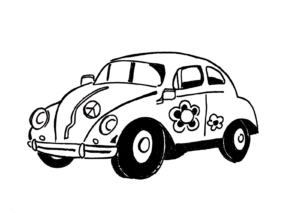
Э́то его́ машина.

Э́то их дом.
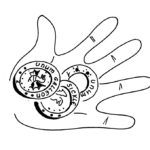
– Э́то ва́ши де́ньги?
– Коне́чно, мои́.

– Чья э́то маши́на?
– Не зна́ю, э́то не на́ша маши́на.
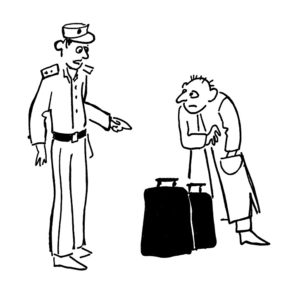
– Чей э́то бага́ж?
– Э́то мой бага́ж.
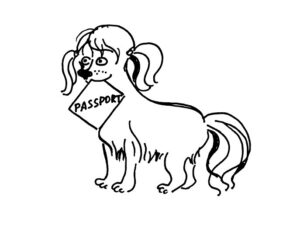
– Чьи э́то докуме́нты?
– Э́то её.
